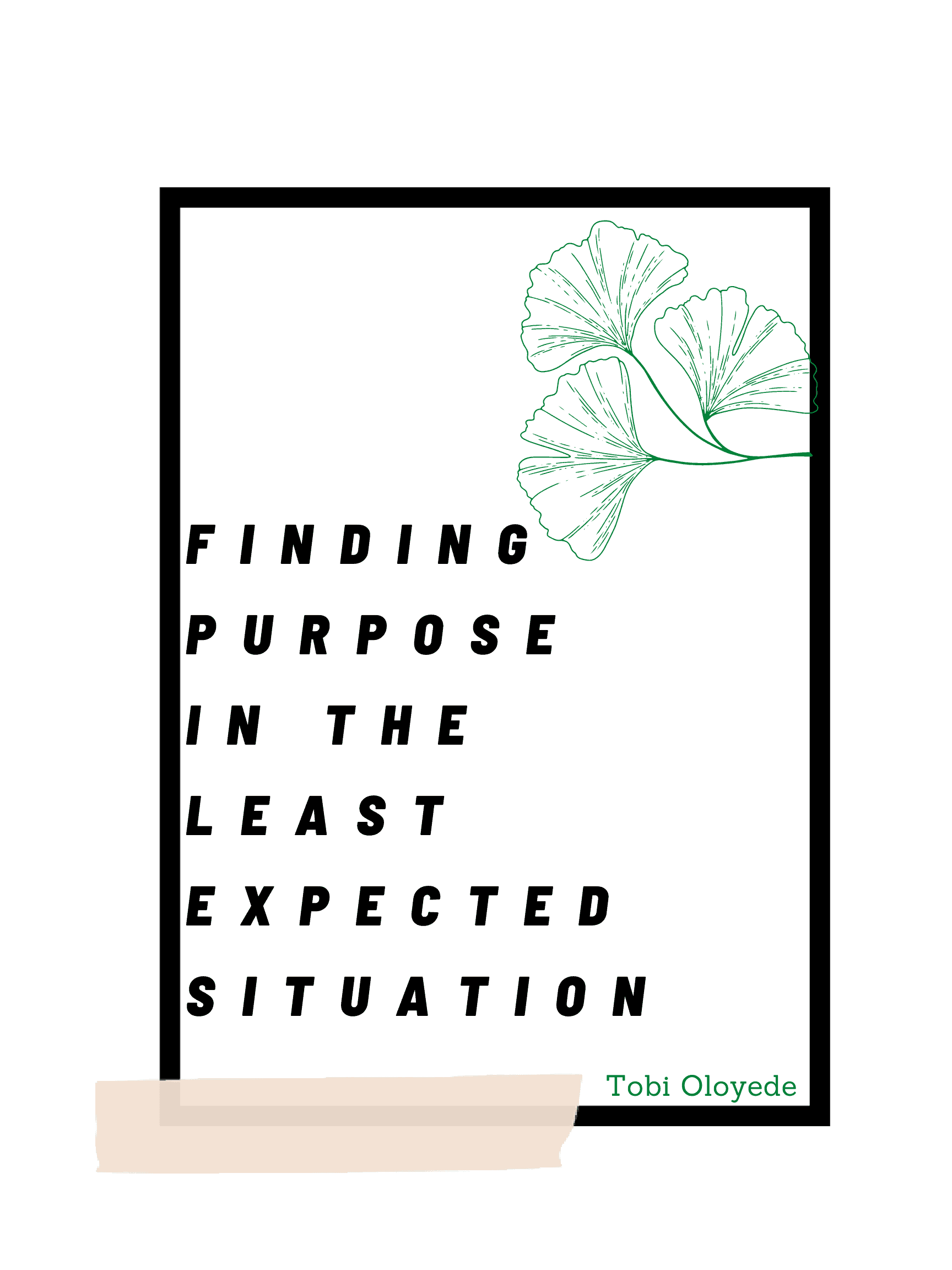
Over time, I have been in situations where I had to let go without even letting the other party know where or how they hurt me. My life is no doubt one that is full of vicissitudes just as anyone’s. My downs have been deeper than most, but I always found my way back up. I have come to realize that surviving dissension with others or oneself is different from healing or finding peace. The process of surviving is not a loveable one, it is tough(I say that affirmatively). There are times I ask myself if being a survivor is worth it and this is because someone once said to me, “what’s the big deal in being a survivor? Life will surely end.” That question perfectly resonated with me. I sought for answers. Surviving is not a child’s play, it is serious work. Not everyone learns a lesson or two from their survival process; most people just go through it. Therefore, whatever the pain or experience you survive, there is always the phase of forgiveness. Yes, forgiveness. I am sure some are thinking what an easy task that is (just being sarcastic). However, without mincing words, forgiveness is a key to inner peace and growth.
Think about that for a few seconds.
Essentially, forgiveness is explained as the act of exonerating an offender. How many times do I have to forgive an offender who repeatedly hurt me? (You may be asking yourself this question just as I am).
In The Purpose Driven Life, Rick Warren explains that many people reluctantly show mercy not because they do not want to, but because they do not understand the difference between forgiveness and trust. I have learned that forgiving others on the one hand must be instant, whether or not a person deserves it.
Trust, on the other hand is futuristic (with future behavior) and it possibly takes time to be built or rebuilt. For Warren, “If someone hurts you repeatedly, you are commanded by God to forgive them instantly, but you are not expected to trust them immediately, and you are not expected to continue allowing them to hurt you.” (I honestly struggle with this, I give too many unnecessary chances )
It is noteworthy that Forgiveness isn’t condoning what the other person did or sweeping things under the rug. It is also not necessarily forgetting what happened (I am really guilty of this- I most likely will remember what you did vividly or even what you said word for word years later). Depending on the situation, forgiveness itself may require a time of healing.
Steps to Forgiveness
1. Accept the pain
Until you acknowledge the pain, you cannot work through the hurt. You are free to cry, go through feelings of resentment as they affirm that something is wrong. Do not numb the emotion.
2. Deliberately reflect
Take your time to think through the situation. You can keep a journal where you pour out your feelings or speak with a trusted individual (with emphasis on trust).
3. Put yourself in the offender’s shoes
Think about times you have erred. How did the wrongdoing make you feel? This in particular helps me. It necessarily might not be helpful to you, but you could try it. If you were in the person’s shoes, what would you have done better.
4. Remember God’s forgiveness and reflect on that.
5.l Let go of the hurt.
6. Continue to forgive. I have come to realize forgiveness is a continuous process. Letting go can no doubt be a hectic task, but just one thing I love to talk about- intentionality. Be intentional and practice it. You can always come back with your testimonies.
It is noteworthy that the concept of forgiveness goes beyond any ethical or vague term. As opposed to being a moral concept, it is psychological. To truly forgive and continue life’s journey, it is important to understand the counterintuitive psychology of forgiveness-peace and freedom.

First Image Credit: Murtada Muhammad Gusau on Premium Times.




5 Comments
Damilola Akamo
Forgiveness is immediate but trust is futuristic, depending on the other party ‘s behavior. Also, forgiveness is more than a moral term, it is psychological too.
Thanks for the awesome piece sis. 🙏🏽
akinyemi leke
Beautiful writeup
Anonymous
I was just saying I like your new post and wanted to just ask if you could talk about forgetting next. What are the positive effect of forgetting. Personaly, I know many people that forgives but never forgets. Since they never forget the offense still affect how they act with the offender which always makes it look like they haven’t forgiven. Do you feel like forgetting can make you trust someone you are not supposed to trust?
I know you had a paragraph where you spoke about trust in relations to forgiveness. What if the person that offends you is someone you need to trust, like a family member, parents, roommate (not really).
Babatunde Olukunle Falola
“If someone hurts you repeatedly, you are commanded by God to forgive them instantly, but you are not expected to trust them immediately, and you are not expected to continue allowing them to hurt you…”
Hmmm… Deep …
God bless you sis for this wonderful write-up!
Yetunde Awodeko
Forgive to liberate oneself from the difficult hold of bitterness. Forgetting (in my opinion) does not necessarily mean to cease remembering the incidence, however recalling the ‘event’ no longer bring a memory of pain.
Forgiveness is indeed a key to inner peace and growth.
Thank you Oluwatobiloba for sharing this inspiring piece.